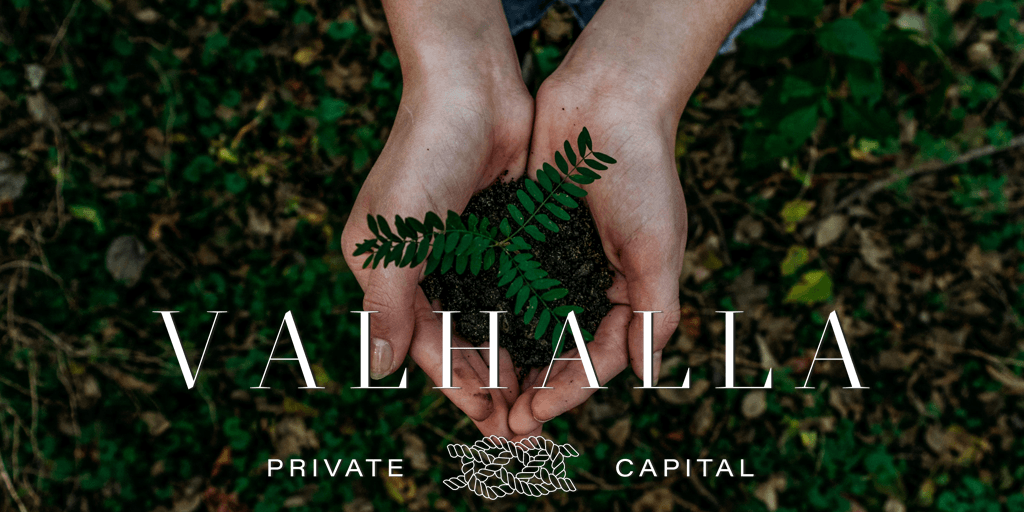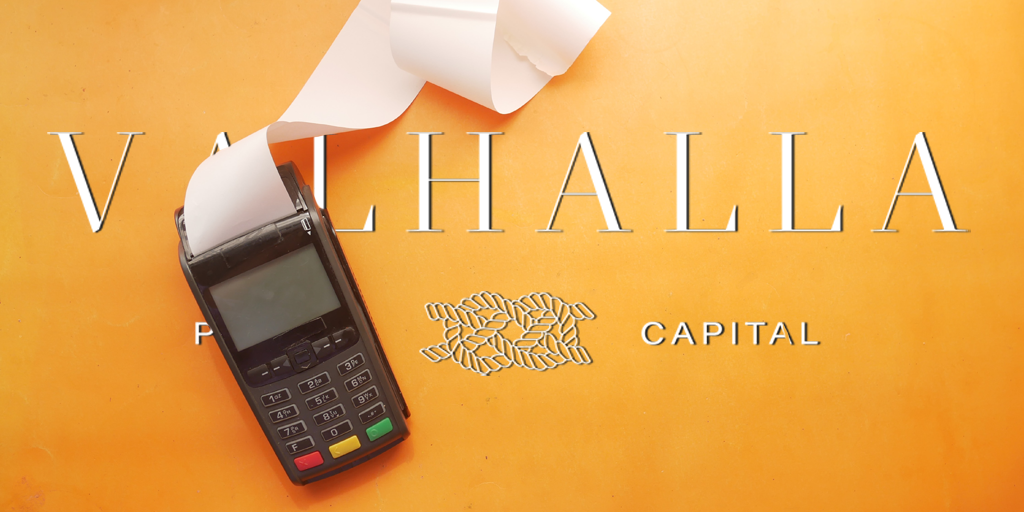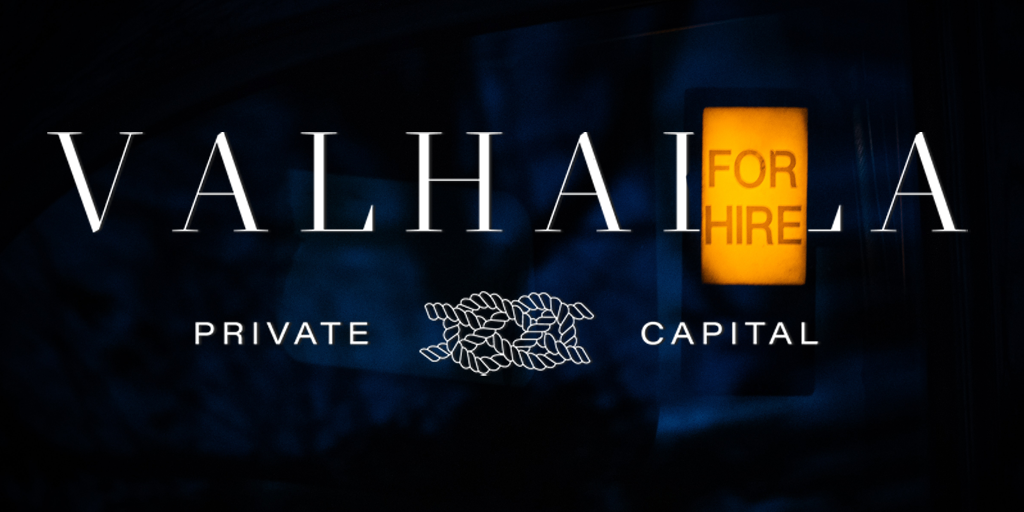
Emmet McGonagle
Last month, Sustainable Development Technology Canada (SDTC), one of the main programs OKR Financial lends against, announced a new seed funding cohort investing $1.6m between 16 novel companies across British Columbia, Ontario, Quebec, New Brunswick and Nova Scotia.
Alongside Valhalla Private Capital, OKR Financial sat down with two entrepreneurs who have benefitted from SDTC funding - water testing solution Drinkable Water Solutions and sugar-free food company ZeroIN Foods - to gain insights on their respective journeys of each sustainable tech companies, from inception to funding and global impact.
Building on what was first considered a ‘hobby’,
Matt Mizzi, CEO of
Drinkable Water Solutions, utilized his experience with environmental science to create “the world’s first accurate, affordable, and easy to use handheld water testing device”.
On the topic, Matt began: “I used to read lots of scientific abstracts and came across some cool stuff, which allowed me - and a researcher at the time - to come up with some ideas on how we could create a low maintenance filter medium which also kills bacteria such as e-coli and other pathogens.”
However, cost constraints inspired Matt to adapt his initial working model, eliminating onsite technicians (responsible for water analytics) in favor of a more practical approach.
“Without really realizing it,” Matt continued, “we started pivoting towards the water analytics side and, slowly but surely, got to the point where we have our handheld device where a customer can press a button, wait for three minutes and find out if their water contains any common contaminants”.
However for
Dr. Edgar Sosa, founder, and CEO of
ZeroIN Foods, inspiration struck when his wife was diagnosed with diabetes, prompting him to find a solution to the “sugar overload problem”.
Opting to avoid the current market solutions – high-intensity sweeteners (such as stevia) and low intensity sweeteners such as sugar alcohols, which tend to have an aftertaste and can potentially lead to
health concerns - Edgar endevoured to create “a better solution” for sweet-toothed consumers.
“At the beginning,” he remarked, “we created a blend of different ingredients trying to simulate the sweet and the properties of sucrose, and we were successful in our first trials; however it was missing something.”
Through
Creative Destruction Lab, Edgar came up with the algorithm behind his “trade secret” - referred to by the ZeroIN Foods founder as “next generation of sweeteners” - which have the same taste of sucrose but are non-digestible.
“That is the ultimate promise: being able to provide the sweet and the quality of sucrose without compromising taste, health, or the environment,” he added.
Checking Every Box
While Edgar claims to have been uncompromising on his mission to create a healthy sugar alternative, Drinkable’s Matt Mizzi admitted to changing his business model to “check every single box needed to get funding”.
However, the flair and borvado of pitching didn’t come naturally to this environmental scientist. Stepping away from the “song and dance” of pitching to investors, Matt believed his penchant for authenticity (alongside a wider social movement towards better water treatment, management and distribution” would speak for itself.
“I very much come from a perspective of transparency - we're working on doing great things to unlock social good, planetary good, climate good and return for investors along the way,” Matt remarked.
“People are ready to see that change, and it's obvious that this is a solution which can help facilitate that.
“We've been focusing on the pursuit of capital, and while we grow all the grants that are available are a great catalyst for us to check the boxes that are needed to get that venture capital funding,” he added.
On the other hand, pitching is only a drop in the water (pun intended) of achieving funding at a pre-seed level, as ZeroIN Foods’ founder Edgar knows all too well.
While he maintains the process “was not difficult”, he admitted that the company “ had to prepare everything and have it all in order - technology, concepts, financials, partners, investors and projections, to name a few”.
It’s a tough competition, meaning you have to be prepared before applying,” he added. “This isn’t something you put together in a day - we have been thinking about this since last year to finesse our application”.
ZeroIN Foods is currently planning to conduct a seed round in early 2023.
The World of Venture Capitalism
Before finishing his environmental science degree, Drinkable Water Solutions founder Matt dipped his toe into the world of venture capitalism alongside head of operations
Lee Scully.
In March 2019, the pair took part in a venture capital investment competition issued by Sobey School of Business associated with
Arcadia University and won the Canadian nationals, snowballing them towards US Nationals where Matt was the only competing student from a science background.
“It was a lightbulb moment that I wanted to blend business and science together,” Matt recalled.
Following this, he studied venture capital financing for startups before being appointed as senior analyst for
Quantum Growth Advisors, who manage fundraising at the series-A level.
Looking back on his experience, Matt recalled: “I learned the intricate art of begging random people for lots of money, as well as how to structure a business as a product for those investors that have a very narrow window of needs.”
Marrying the perspective of his company as a “product” - which he found to be an “advantage” from an investment standpoint - Matt and company were nominated by Nova Scotia’s
Volta for SDTC’s seed funding cohort, a process which he found to be “very professional and quick”.
“The money was in our bank accounts, the communication from them was very clear and the nomination process was fairly painless, so SDTC did a really good job,” he concluded.
According to SDTC, the company’s investments function as a “springboard to help companies unlock future investment, customers, and support”, with a specific focus on collaboration and due diligence to help companies unlock future investment.
“As we drill down and better identify the players, gaps, and points of intersection, we get to the heart of what’s needed to overcome obstacles and help companies move forward,” a representative for SDTC said.
With plans to produce its minimum viable product (MVP) by October, Drinkable Water Solutions intends to continue growing its (currently “very optimistic”) team; while ZeroIN Foods is developing a technologically-sustainable prototype which won’t “compromise the environment” in its production process.
Execute, Execute, Execute
Putting his entrepreneurial experience to good use, Edgar encourages founders to build a network of appropriate advisors “as early as possible”, as well as continue the startup journey with a willingness to learn.
“A business is as good as the readiness of whoever is leading the business,” Edgar said, advising his contemporaries to “be ready for when the situation comes”.
Likewise, founders are encouraged to “execute, execute, and execute no matter what”.
In the spirit of avoiding mistakes which are common in the teething process, Edgar remarked: “Without consistent execution, you cannot deliver, you can overpromise, but you will under deliver.
“Mistakes cost a lot, in terms of money and time, and so very well-prepared advisors can save a lot of mistakes,” he concluded.
Do you have a question about angel investing? Get in touch with Valhalla Private Capital via our
contact page.



